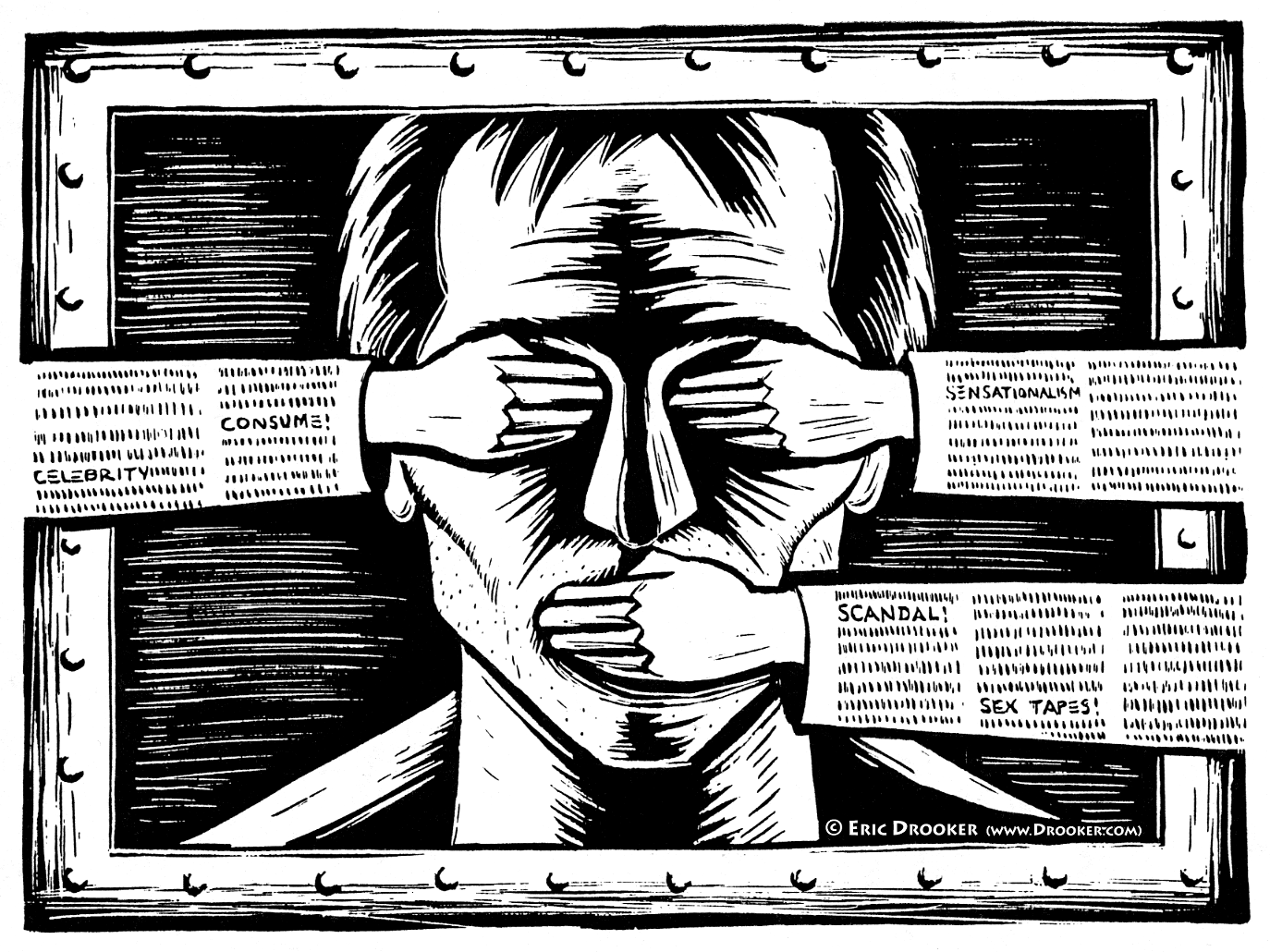 The above question appears quite radical, even senseless in face of the evident reality of historical and presently widespread assumptions that Vojvodina does exist and that, more and less precisely it is known what Vojvodina is today. Nobody with a common sense would deny the geographical, political-legal and constitutional-legal habit of perceiving Vojvodina as a part of the state of Serbia or, even more precisely, as it is expressed by the vocabulary that contains the whole concept of an ideological and valuational relation towards Vojvodina – ‘the northern Serbian province’. However, habits are known to be ambivalent. They exist even when reasons for them are being denied. This is just what happened with the first ‘democratic’ constitution of the state of Serbia from 2006, which in the agreement with old force of habit ‘settled’ the issue of existence of Vojvodina, actually relativized essentially its existence as an autonomous province in the political-legal and constitutional-legal sense. Indirectly, the citizens of Vojvodina, by their resolute challenge that led to absolute failure of the referendum with its constitutional concept, showed what they thought about turning these habits into something that is senseless. The mindset perceiving Vojvodina as a temporary possessed territory, which for a long time had been managed as a temporary possessed territory, could only bring forth the idea about the constitutional regulation of Vojvodina as the permanently possessed territory. Replacing the conviction on temporariness with the conviction on lasting possession hadn’t essentially changed but had fully confirmed the general assumption that in the state of Serbia Vojvodina has meaning and can exist only as something that is being possessed and kept as possession.
The above question appears quite radical, even senseless in face of the evident reality of historical and presently widespread assumptions that Vojvodina does exist and that, more and less precisely it is known what Vojvodina is today. Nobody with a common sense would deny the geographical, political-legal and constitutional-legal habit of perceiving Vojvodina as a part of the state of Serbia or, even more precisely, as it is expressed by the vocabulary that contains the whole concept of an ideological and valuational relation towards Vojvodina – ‘the northern Serbian province’. However, habits are known to be ambivalent. They exist even when reasons for them are being denied. This is just what happened with the first ‘democratic’ constitution of the state of Serbia from 2006, which in the agreement with old force of habit ‘settled’ the issue of existence of Vojvodina, actually relativized essentially its existence as an autonomous province in the political-legal and constitutional-legal sense. Indirectly, the citizens of Vojvodina, by their resolute challenge that led to absolute failure of the referendum with its constitutional concept, showed what they thought about turning these habits into something that is senseless. The mindset perceiving Vojvodina as a temporary possessed territory, which for a long time had been managed as a temporary possessed territory, could only bring forth the idea about the constitutional regulation of Vojvodina as the permanently possessed territory. Replacing the conviction on temporariness with the conviction on lasting possession hadn’t essentially changed but had fully confirmed the general assumption that in the state of Serbia Vojvodina has meaning and can exist only as something that is being possessed and kept as possession.
The passed constitution brought through procedures that had been absolutely illegitimate and illegal, had roots in the centralist spirit and the programs adopted by the majority of metropolitan parties whose political views to north and to west end at the roofs of New Belgrade and Zemun, but their continual klepto-nationalist ambitions go beyond to Vršac, Kikinda, Subotica, Sombor and Bačka Palanka.
The ruling ideology and practice exercised by these parties, which determine directions and ways of expression of the leading political will in the state of Serbia, both prior to and after passing the constitution, consistently follow the centralist and organismic state concept as the only possible one. According to this concept, in one organic state, like in some political and legal quasar, all that is specific and different has to disappear. Before all Vojvodina as one great historical dissimilarity whose existence has been beyond grasp of the ’political philosophy’ of the Serbian political elites since 1918, just as beyond their grasp are decentralization of the public government, the budgetary expenditure, the policy of sustainable development, the educational, health and cultural development etc.
Making the existence of Vojvodina relative is the latest result of this ‘political philosophy’. It contains the key answer of the political elite in the state of Serbia to historical and open question on the existence of Vojvodina as the autonomous province. The gist of this answer is conviction of the political elite in Serbia that the Gordian knot of the big Vojvodina’s historical conditional can be cut by one decisive and swift stroke called the ‘definitive solution’. Vojvodina’s existing conditional can be condensed in a single attitude: If there is no definite form of autonomy (therefore self-legislation of one historical whole, self-government as the way of establishing the strength of state from elasticity of inter-relations of its parts and the relation of these parts towards the whole, respect of its own laws brought on the basis of direct insight into the needs of citizenship, the relative independence from the central state authorities) then there is no Vojvodina as the province from which permanently are heard demands for the political autonomy.
If, politically and constitutionally-legally, the demand for political autonomy is de-legitimated then the so-called Vojvodina issue doesn’t exist. And if the so-called Vojvodina issue doesn’t exist then it was abolished before even being solved! If it was abolished, then essentially was as well abolished Vojvodina as the political and constitutional-legal notion. Certainly, the Belgrade elite is not yet ready to such an open radical and cynical abolishment of Vojvodina, partly due to its fear of possibility that this may provoke the autonomous political energy and partly due to its fear that this may lead to internationalization of the issue of Vojvodina. That’s why Vojvodina as the political and constitutional-legal notion remains in its chimerical state. Just as chimera is the subjective form of perception with its own objectivity and rationality so the autonomy of Vojvodina is the subjective-objective chimera, therefore something that in a way objectively exists but is emptied of any essential political and legal contents. The objectivity of existence of Vojvodina as the political-legal chimera lies in the fact that there is a sort of the provincial nomenclature of ‘authorities’, which is essentially politically and legally stripped of power and without authority but is instead privileged to be able to live of the para-political ‘rigging attractions’. Such political nomenclature, by the quantum of power it exercises and by its real possibilities to autonomously organize the governmental authority in Vojvodina’s society, even in the form of “the least statehood” is without the basic sense of its own existence. Not with a single element of its own constitutional and statutory authorization this nomenclature can fulfill any Vojvodina’s regional, social, economic, political, legal, national, cultural, scientific, demographic etc. interest of the Vojvodina society. Furthermore, it neither presents transmission of the central state politic will. Because transmission means that some of the mobility and energy of power is being transferred to it. Thus, in all its interests this group is being reduced to its own nomenclature interest, to its self-maintenance as the sinecure nomenclature. Belgrade’s political elite is ready to pay this sinecure it being the lowest price it should be paying so as to realize the concept of disappearing of Vojvodina. The metropolitan installation of such ‘provincial’ nomenclature is reduced to a unique lucrative formula: Give ‘Province’ nothing so as to take away the Province from province! Or in other words: Give to the provincial nomenclature the ombudsman-law, so that Province exists no more!
Vojvodina today is neither here nor there! It hangs in between the fact of the failed constitutional referendum, Belgrade’s permanently feigned solution of the so-called Vojvodina’s issue and its own downgrade to the geographic concept. The fact that the constitution failed didn’t trigger off any articulated political energy of a new autonomy. The feigned solution as the ‘definite solution’ can last only as long as such solutions usually last, therefore temporary. What is only certain is that Vojvodina will last as a geographical notion. By force of habit!
(The author is the Head of Department of Philosophy at the Philosophic Faculty in Novi Sad. This text is written especially for site www.autonomija.info )









 STUPS: Hulja
STUPS: Hulja